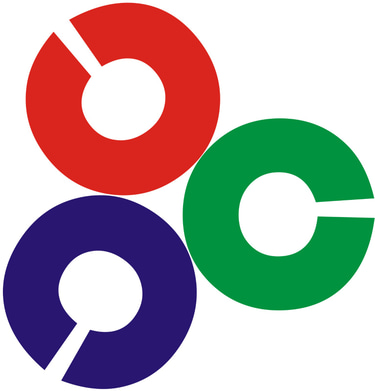Canning Cybernetics Centre
Coding Education 2025: How programming Is Transforming Learning
Discover the importance of coding education in today’s digital world. This blog explores how learning to code builds problem-solving skills, fosters creativity, and opens doors to future tech careers. Perfect for students, beginners, and anyone curious about programming.
Debanjan Debnath
8/4/20252 min read


Coding Education:
Empowering the Next Generation of Digital Creators
In the 21st century, coding is the new literacy. As the world becomes increasingly digital, the ability to understand and write code is no longer limited to computer scientists — it's a valuable skill for everyone. From young students in school to professionals looking to upgrade their careers, coding education is transforming how we learn, create, and innovate.
Why Coding Education Matters
Coding is not just about writing lines of code. It’s about solving problems, thinking logically, and building something meaningful from scratch. Whether it’s developing a mobile app, designing a website, or programming a robot — coding empowers individuals to turn ideas into reality.
In today’s job market, coding skills open doors to high-demand careers in software development, data science, AI, cybersecurity, web development, and more. But beyond career prospects, learning to code also enhances creativity, critical thinking, and resilience in learners of all ages.
Coding for School Students: Starting Young
Across the world, coding is becoming part of the school curriculum. Governments and educational boards are introducing computer programming at primary and secondary levels. Children as young as 8 are learning basic concepts like loops, variables, and conditionals through visual platforms like Scratch, Blockly, and MIT App Inventor.
By integrating coding into early education, we are nurturing a generation of problem-solvers and innovators who are prepared for the tech-driven future.
How Coding is Taught Today
Modern coding education emphasizes hands-on, project-based learning. Here’s how students and learners are engaging with coding today:
• Visual & Block-based Coding for Beginners (Scratch, Code.org)
• Text-based Languages: Python, JavaScript, C, and HTML/CSS
• Online Platforms: Codecademy, freeCodeCamp, Coursera, Khan Academy
• Robotics & AI Integration: Arduino, Raspberry Pi, and AI kits
• Coding Bootcamps: Short-term, high-intensity training programs
The Role of Training Institutes and Educators
Institutes and coding academies play a crucial role in democratizing coding education. With expert-led training, real-world projects, and industry-aligned courses, they bridge the gap between classroom learning and practical application.
Instructors must constantly update their knowledge and adopt student-friendly teaching methodologies that make coding fun, interactive, and inspiring.
Challenges in Coding Education
Despite its growth, coding education faces challenges:
• Lack of trained teachers in rural or under-resourced areas
• Limited access to computers and internet
• Curriculum gaps and outdated content
• Gender gap and stereotypes in tech fields
Overcoming these hurdles requires inclusive policies, better infrastructure, and community involvement.
The Future of Coding Education
The future of coding education is bright. With AI, VR, and gamification entering the learning space, students can learn to code in more immersive ways than ever. Programs like "Hour of Code", Google CS First, and national digital literacy missions are pushing the movement forward.
By making coding education more accessible, personalized, and real-world focused, we are preparing students not just for jobs — but for life.
Conclusion: Code to Create, Code to Empower
Coding is a superpower — and it's for everyone. Whether you're a school student, a college graduate, or a mid-career professional, learning to code can unlock limitless possibilities.
Let’s invest in coding education today to build a smarter, more innovative, and empowered tomorrow.
